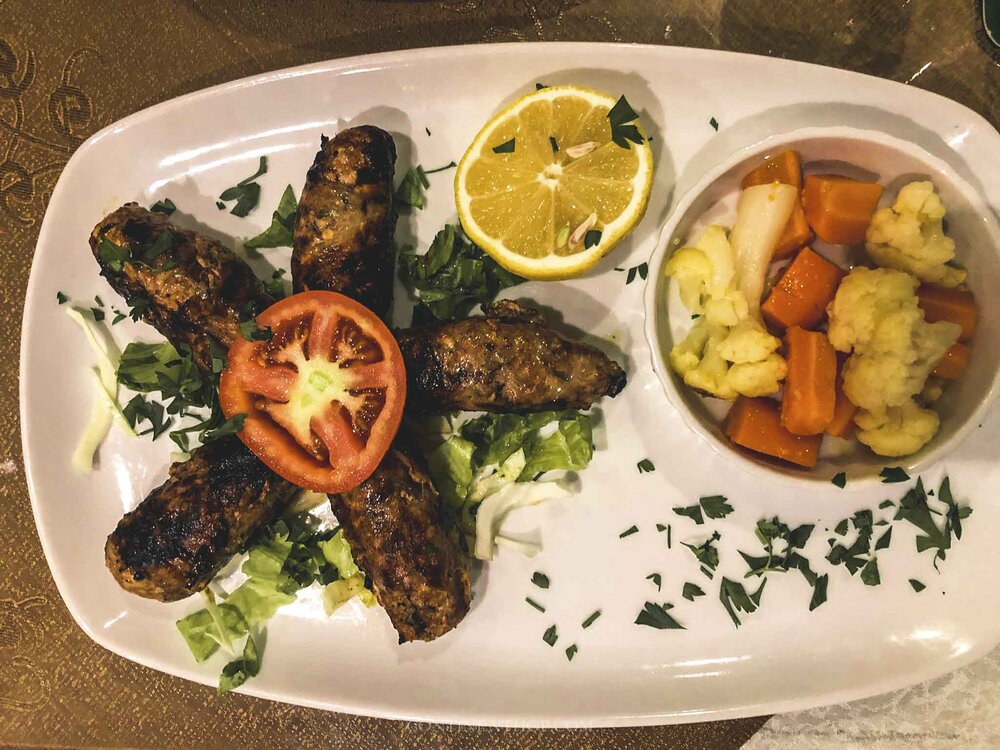Introduction: Cypriot Beverages
Cypriot cuisine is known for its delicious food, but it also has a wide variety of unique beverages. From traditional grape distillates to refreshing yogurt drinks, Cypriot beverages have a taste that is uniquely their own. These drinks are an essential part of the Cypriot culture and are enjoyed by locals and visitors alike. In this article, we will explore some of the most popular and unique beverages in Cypriot cuisine.
Ayran: A Refreshing Yogurt Drink
Ayran is a popular and refreshing yogurt drink that is served throughout Cyprus. It is made by whisking together yogurt, water, and salt to create a frothy and tangy drink. It is often served with kebabs or other grilled meats as it helps to balance the richness of the meat. Ayran is also a great option for those who are looking for a non-alcoholic drink to cool down on a hot day.
Zivania: A Traditional Grape Distillate
Zivania is a traditional grape distillate that is unique to Cyprus. It is made by distilling the must of Cypriot grapes and then aging the resulting spirit in clay jars for several years. The resulting drink has a high alcohol content and a distinct grape flavor. Zivania is often served as a digestif after a meal or as an aperitif before a meal. It is also used in cooking and is a key ingredient in the popular Cypriot dish, kleftiko.
Commandaria: A Sweet Wine with a Long History
Commandaria is a sweet wine that has been produced in Cyprus for over 4,000 years. It is made by fermenting sun-dried grapes and then aging the resulting wine in oak barrels for several years. The wine has a deep amber color and a rich, sweet flavor. It is often served as a dessert wine or paired with cheese and nuts. Commandaria is also used in cooking and is a key ingredient in many Cypriot desserts.
Soumada: A Non-Alcoholic Almond Drink
Soumada is a non-alcoholic almond drink that is popular in Cyprus. It is made by blending together almonds, sugar, and water to create a creamy and sweet drink. Soumada is often served on special occasions and is a popular drink during the Christmas season. It is also used in cooking and is a key ingredient in many Cypriot desserts.
Cyprus Coffee: A Strong and Sweet Brew
Cyprus coffee is a strong and sweet brew that is similar to Turkish coffee. It is made by boiling finely ground coffee with water and sugar to create a thick and rich drink. Cyprus coffee is traditionally served with a glass of cool water and a piece of lokum, a sweet Turkish delight. It is often enjoyed as an afternoon pick-me-up or after a meal.
Soutzoukos: A Sweet Wine and Nut Confection
Soutzoukos is a sweet wine and nut confection that is unique to Cyprus. It is made by dipping strings of nuts, usually almonds or walnuts, into a thick syrup made from grape juice and flour. The strings are then hung up to dry and harden. The resulting sweet and chewy confection is often enjoyed with a glass of Zivania.
Conclusion: Unique Beverages in Cypriot Cuisine
Cypriot cuisine has a wide variety of unique and delicious beverages. From refreshing yogurt drinks to sweet wines and nut confections, these drinks are an essential part of Cypriot culture. Whether you are looking for a non-alcoholic drink to cool down on a hot day or a strong and sweet brew to enjoy after a meal, Cypriot beverages have something to offer everyone. So next time you visit Cyprus, be sure to try some of these unique and tasty drinks.

